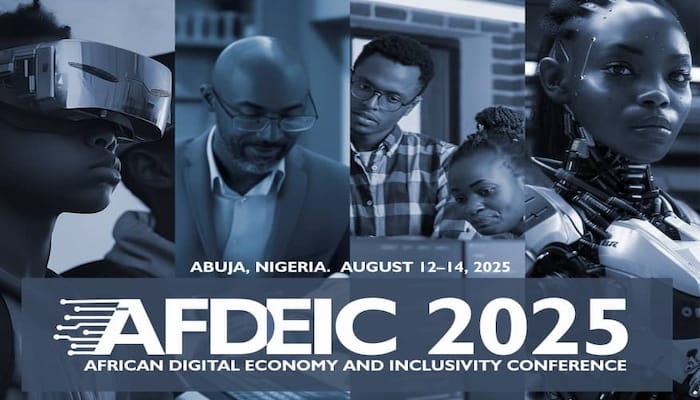Nigeria’s Lagos is hosting the Africa Digital Economy and Inclusion Conference.
The event is expected to bring together various politicians, business leaders, academics, and stakeholders.
The aim of the conference is to discuss how artificial intelligence can drive growth and ensure that no one is left behind in this process.
DIGITAL DIVIDE AND INFRASTRUCTURE CHALLENGES
Adedayo Oketola, chairman of the AFDEIC organizing committee, stated that while there have been advancements in fintech, e-commerce, and AI across the continent, significant digital gaps remain.
He emphasized that many Africans living in rural areas lack internet access, preventing millions from benefiting from digital financial services and e-learning platforms. He also noted that access to electricity remains limited in some parts of the continent.
CAUSES OF DELAYS IN ARTIFICIAL INTELLIGENCE
One of the continent’s leading AI experts, Professor Seydina Ndiaye, criticized the lack of government investment, particularly in Sub-Saharan Africa, as a major reason for delays. He added that Africa’s reliance on foreign technologies has contributed to its lag in development.
SUCCESSFUL AI INITIATIVES
While raising these concerns, experts also proposed various solutions. Several initiatives across the continent have gained praise. For example:
- In Rwanda, DoctorIA algorithms facilitate medical diagnoses in the absence of specialists.
- In Senegal, the AWA generative AI can speak Wolof and integrate with WhatsApp.
- In Côte d’Ivoire, AI pioneers at Sah Analytics developed an app to help tackle inflation.
Additionally, Belgium-based Fit For Purpose recently launched Neotex.ai, an AI application aimed at helping Kenyan farmers identify their cattle.
Overall, as highlighted by Paulin Melatagia from Cameroon’s University of Yaoundé I, Africa is increasingly using AI to address societal challenges across the continent.



